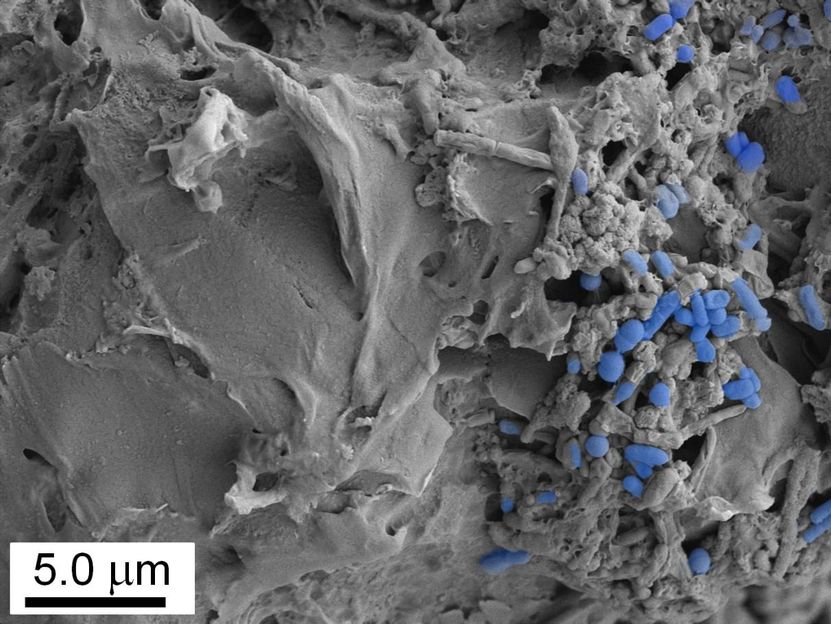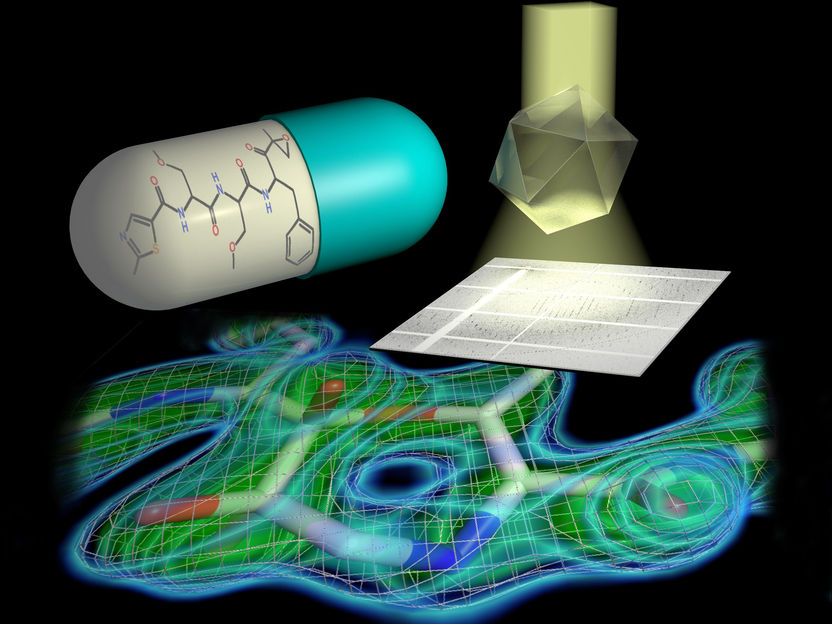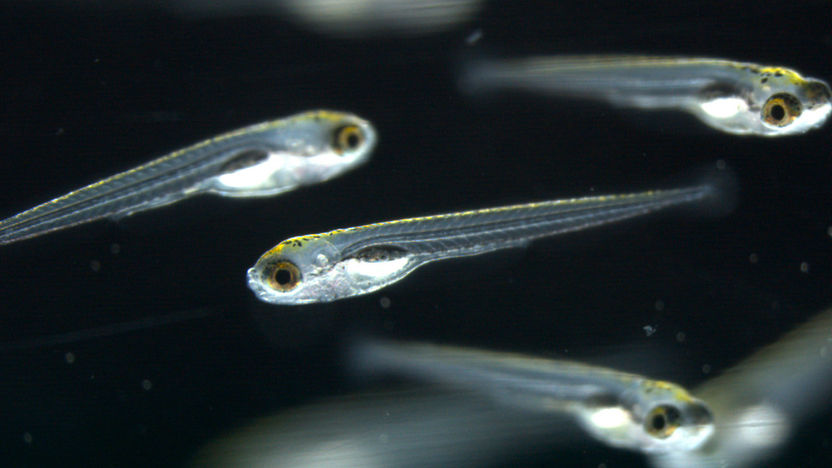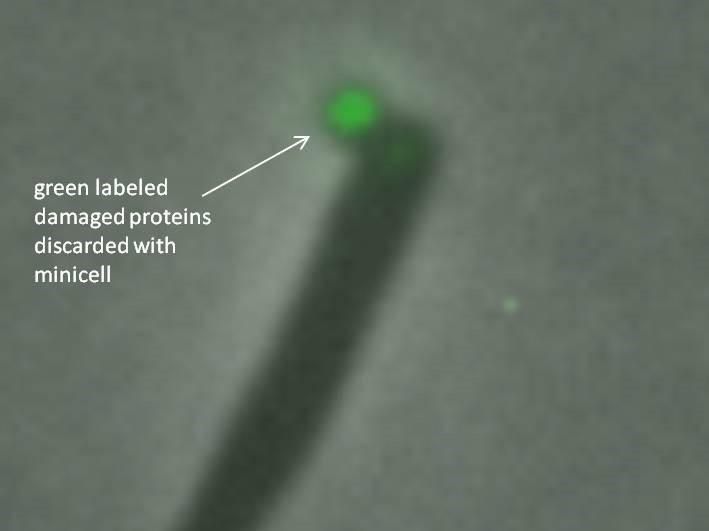Genedata Licenses its Bioprocess Software Platform to Sartorius Stedim Cellca
First-in-class enterprise workflow platform for streamlining cell line development operations
Genedata, a leading provider of advanced software solutions for biopharma R&D, today announced that Sartorius Stedim Cellca GmbH, a subsidiary of Sartorius Stedim Biotech (SSB) and a specialist for cell line development and bioanalytical services for large-scale protein production, has licensed the Genedata Bioprocess® enterprise platform to be used at SSB laboratories in Germany, the U.K., the U.S., and South Korea. Genedata Bioprocess is expected to further increase effectiveness and experimental throughput of biotherapeutics CRO and CMO operations. “We aimed to extend automation and further enhance the efficiency of our cell line, upstream and bioanalytical development operations, and quickly realized that Genedata Bioprocess addresses many of our requirements off-the-shelf, eliminating the need for expensive customization. We therefore decided to implement Genedata Bioprocess across our development operations,” said Hugo de Wit, Managing Director at Sartorius Stedim Cellca and Sartorius Stedim BioOutsource. “We were also intrigued with the platform’s capability to be directly integrated into our wide array of laboratory equipment and with the way this would facilitate seamless transfer of data and samples along the full development workflow,” continued de Wit.
The enterprise platform will be used to manage diverse workflows and laboratory operations for the full Sartorius Stedim Cellca solution portfolio, helping its customers develop mAbs, Fc-fusion proteins, Fab-related products, bispecific antibodies, and biosimilars. In particular, the platform will support Sartorius Stedim Cellca’s unique cell line development process, consisting of proprietary expression vectors, host cell lines, CHO media systems and a tailored upstream process design. This will result in high yield, stable cell lines and robust, simple, easy-to-scale fed-batch processes, plus research cell banks (RCBs) and master cell banks (MCB). Customers stand to benefit from the efficiency of bioanalytical testing services provided by Sartorius Stedim Cellca and Sartorius Stedim BioOutsource based on simplified processes and even faster timelines.
“We are excited to collaborate with Sartorius Stedim Cellca, a leader in the CRO and CMO market for cell line and process development. Due to its global reach and excellent reputation, Sartorius Stedim Cellca is an ideal partner for Genedata,” said Dr. Othmar Pfannes, CEO of Genedata. “We strive to offer fully integrated solutions that reduce development time and costs, making both innovator drugs as well as biosimilars more affordable. We will continue to develop our biopharma platform to further automate and simplify bioprocess development operations.” The Genedata Bioprocess software solution enables fully integrated workflow management for large-molecule development and CMC operations. As an enterprise-wide data backbone, it supports the full E2E workflow – ranging from developing cell lines and upstream processes (USP) to downstream processes (DSP), as well as formulation and analytics. Genedata Bioprocess has been co-developed with major biopharmaceutical companies over the past five years.
Other news from the department business & finance

Get the life science industry in your inbox
By submitting this form you agree that LUMITOS AG will send you the newsletter(s) selected above by email. Your data will not be passed on to third parties. Your data will be stored and processed in accordance with our data protection regulations. LUMITOS may contact you by email for the purpose of advertising or market and opinion surveys. You can revoke your consent at any time without giving reasons to LUMITOS AG, Ernst-Augustin-Str. 2, 12489 Berlin, Germany or by e-mail at revoke@lumitos.com with effect for the future. In addition, each email contains a link to unsubscribe from the corresponding newsletter.
Most read news
More news from our other portals
Last viewed contents
Blot_(biology)

Study shows that ingestion of microplastics alters gut microbiota - CSIC researchers have discovered that the digestion of microplastics can decrease the amount of beneficial bacteria present in the colon.

Detailed structure of cell’s garbage disposal unit reveals surprise in how it is targeted by cancer drugs - Every atom counts
Centre_for_Infectious_Disease_Research_in_Zambia_(CIDRZ)
XYY_syndrome
Category:Perineum
Glomerulus

Larvae Help in Search for Appetite Suppressants - Zebrafish as a novel testing system for psychoactive substances
Glycogen_storage_disease
Spinocerebellar_ataxia_type-13

Bruker to acquire the NanoString business in an asset deal




















































